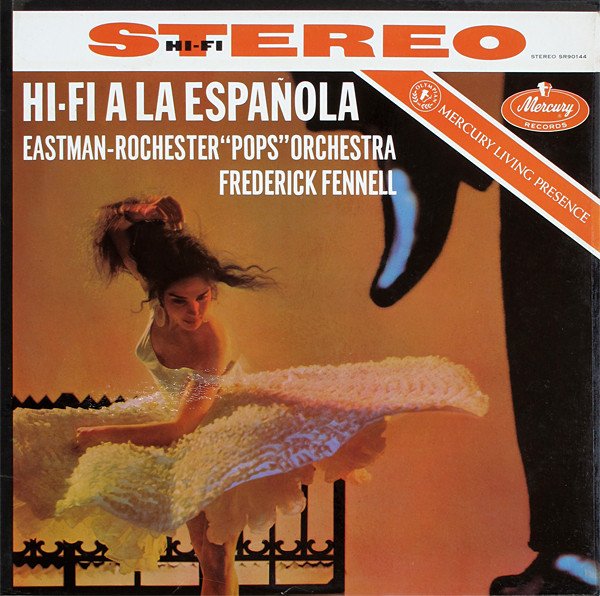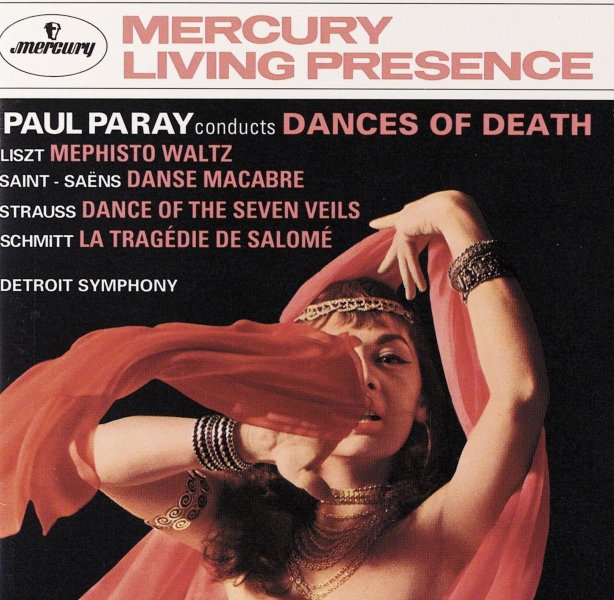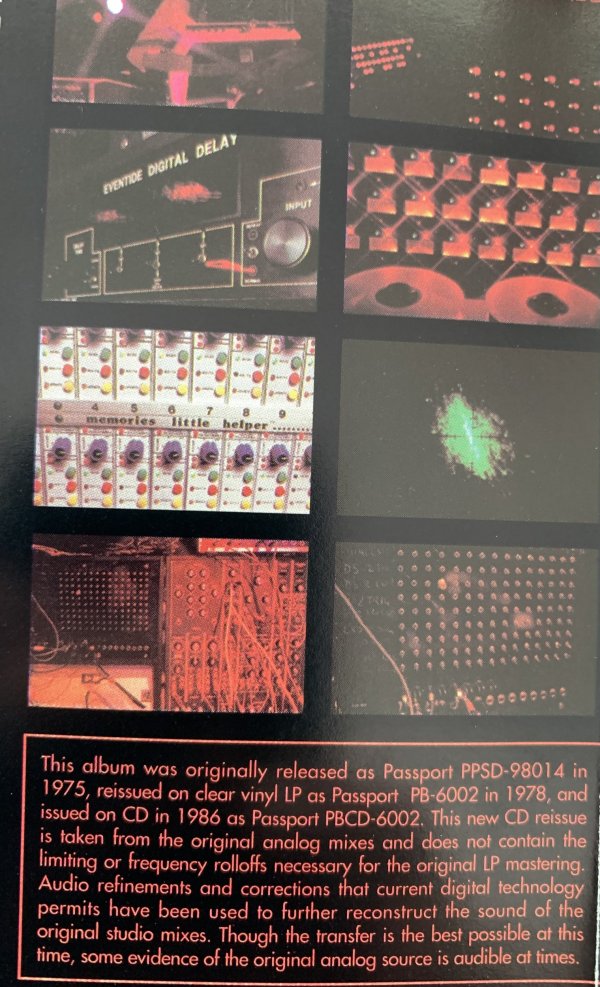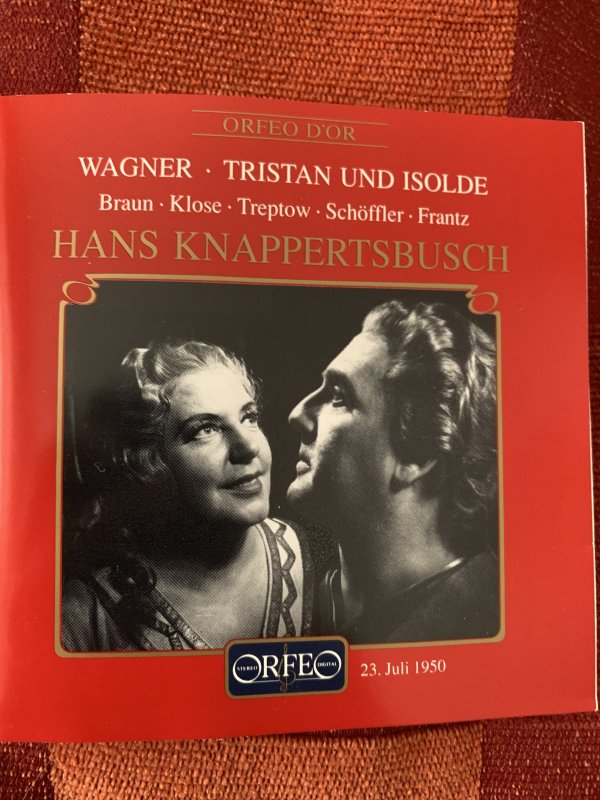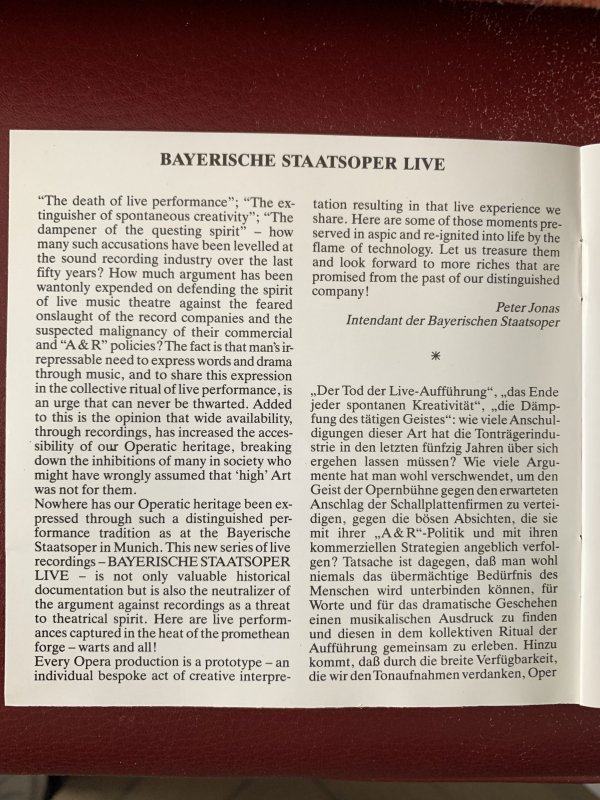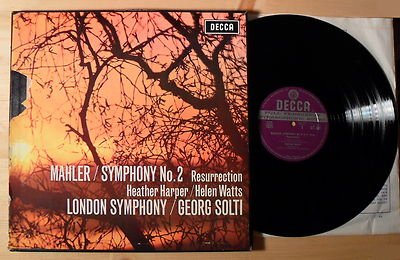I agree multimiked recordings can sound awful, whether analog or digital. When I first heard the legendary Mercury Living Presence on CD remastered lovingly by Wilma Cozart Fine, who took exceptional care to transfer the 3 channel tube mixer and microphone made analog tape masters to CD, I was really impressed. Many of those 60+ year old recordings seem to have way more dynamic range than the average commercially made classical recordings from DG, EMI, etc. Clearly, the MLP series was a labor of love for Wilma Cozart in memory of her late husband Robert Fine, who was the producer on these legendary recordings. These recordings virtually always used 3 mikes that fed into a massive tube mixer or 35 mm tape machine with no equalization or compression. She used a state of the art system to monitor the digital remasters, but she always maintained the original three channel analog tapes were far superior. She felt despite her best efforts, the digital remastered failed to reproduce the hall ambience. Incidentally, the legendary Decca recording engineer Kenneth Wilkinson, who also did many of the famous Lyrita albums, felt exactly the same and said so in a TAS interview. On Hi Fi La Espanola (a Harry Pearson favorite), the dynamic range is stupendous, and with a large enough subwoofer system, like my two REL G1 Mk2, you can shake the walls. Another of my favorites is the Paul Paray Dances of Death, especially Dance Of The Seven Veils from Salome. Also, the incredible detailed liner notes on these CDs is a model that few companies emulate. Yes, there’s tape hiss and in several recordings, the limitations of the early microphones is obvious. But the sheer dynamic range is impressive. That entire collection, which I own, convinced me that CDs can sound really good if the recordings are properly done and mastered. Alas, they are a rare exception. Most commercial classical albums are so poorly mastered (e.g., SF Mahler series), it’s depressing.
